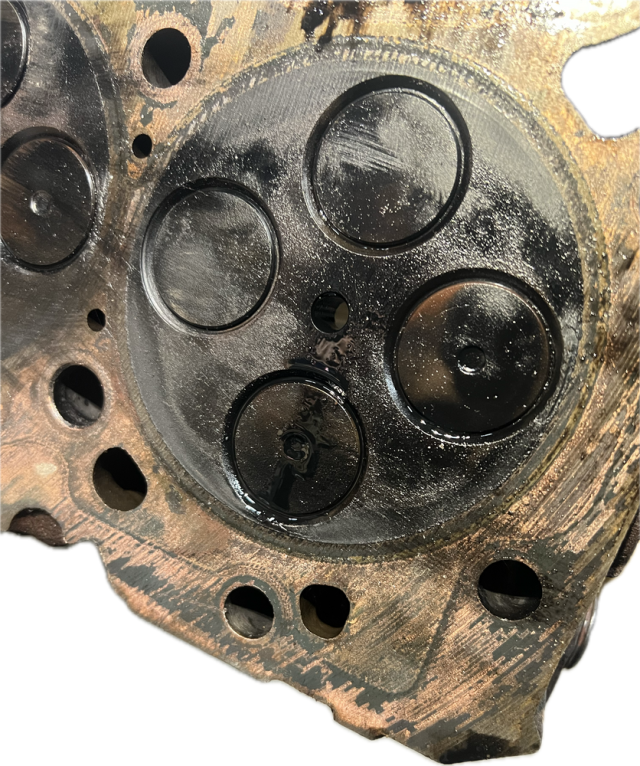In our pursuit of excellence and precision within the realm of automotive diagnostics and repair, we often encounter scenarios that challenge our expertise and push the boundaries of our understanding. Such was the case with a 6.7L Cummins truck that arrived at our shop, presenting an issue that was both perplexing and intriguing. The vehicle was expelling coolant from its reservoir, a problem that arose shortly after a head gasket replacement performed just 200 miles earlier. The truck owner, reasonably troubled by this development, questioned the thoroughness of the previous service, hinting at a possible oversight.
Our approach to this puzzling situation was grounded in a meticulous and comprehensive diagnostic process. We examined various potential culprits, from radiator airflow and fan clutch operation to thermostat functionality. We even went as far as removing and pressure testing the EGR cooler, yet all these components checked out fine. With conventional diagnostics yielding no definitive answers, we proceeded to remove the cylinder head, which unveiled the unexpected cause: the application of Copper Gasket Spray.
The revelation that Copper Gasket Spray was at the heart of the issue initially met with disbelief from our client, especially given the reputable nature of the previous repair shop. This skepticism propelled us into an extensive research endeavor to validate our findings and provide a convincing explanation to our client. Our investigation delved into the compatibility—or lack thereof—between Copper Gasket Spray and modern engine gaskets, particularly those coated with FKM, a fluoroelastomer better known under the brand name Viton.
Our findings confirmed that the solvents in Copper Gasket Spray, notably acetone, react adversely with FKM coatings on MLS (Multi-Layer Steel) gaskets. This reaction can compromise the gasket’s integrity, leading to engine performance issues and, as in the case of the Cummins truck, coolant leakage.
This case not only served as a critical learning opportunity for our team but also highlighted the importance of continually updating our knowledge base in line with advancements in engine technologies and materials. FKM coatings offer significant advantages, including resistance to extreme temperatures and harsh chemicals, but these benefits can be negated if incompatible products, such as Copper Gasket Spray, are used.
In response to this learning, we have refined our approach to engine maintenance, especially for engines featuring advanced materials like FKM. It is crucial to use products that are compatible with these materials to ensure the durability and optimal performance of engine components.
This experience has reinforced our commitment to providing top-tier service and expertise to our clients, ensuring their vehicles are not only repaired to the highest standards but also protected from future issues through the application of the latest automotive repair insights and technologies.
While Copper Spray may have its uses, it has no place on any gasket that uses any type of fluoroelastomers. It also leaves behind a huge mess that is impossible to fully clean, and the copper will find its way into the lubrication and cooling systems of the engine, that will lead to further failures.
References
1. MAHLE Aftermarket Inc., “Performance Gaskets,” https://www.mahle-aftermarket.com/na/en/performance/gaskets/
2. Permatex, “Safety Data Sheet for Copper Spray-A-Gasket® Hi-Temp Adhesive Sealant,” https://www.permatex.com/wp-content/uploads/sds/80697.pdf
3. Calpaclab, “Viton® Chemical Compatibility Chart,” https://www.calpaclab.com/content/chemical-charts/Viton.pdf
Our dedication to rigorous diagnostics, coupled with a commitment to ongoing education, ensures that we remain at the forefront of automotive repair, ready to meet the challenges of today’s advanced engines with informed solutions and unparalleled expertise.







